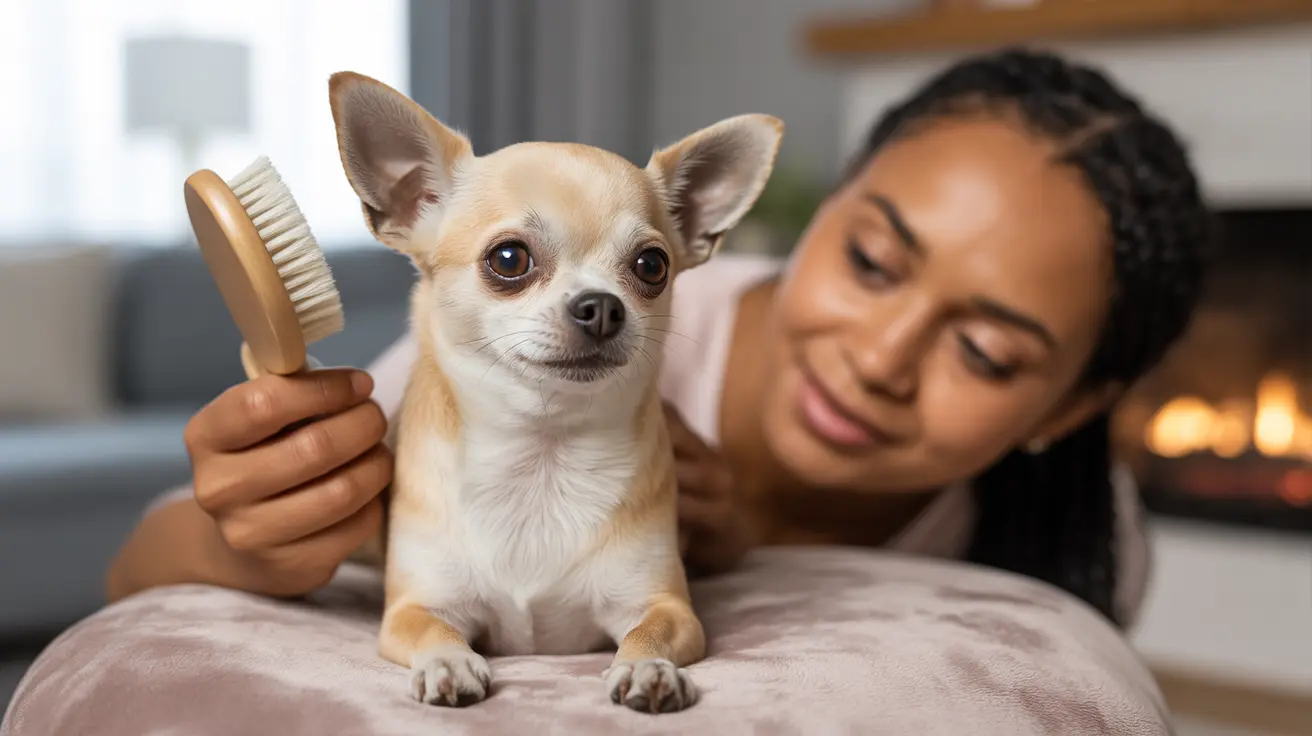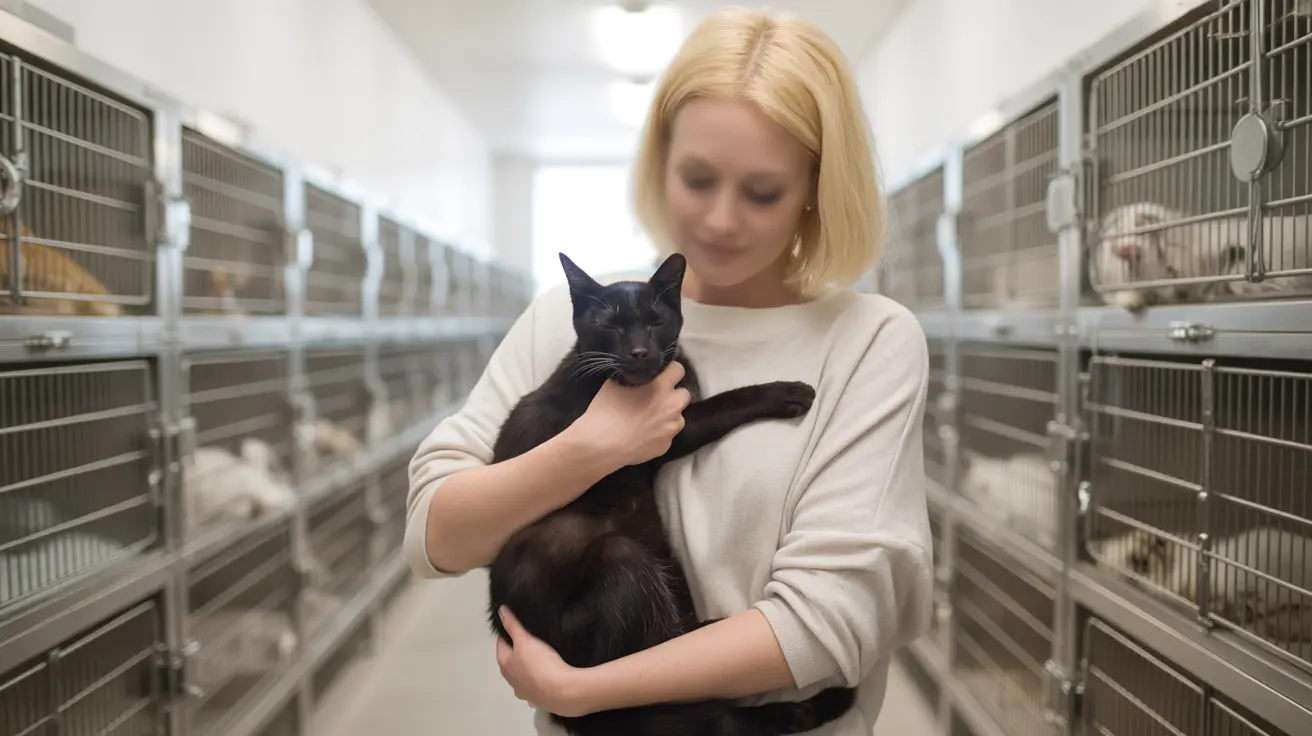The Chihuahua, officially recognized by the American Kennel Club in 1904, stands as one of the world's most cherished toy breeds. These pint-sized companions, originating from Mexico, pack an impressive combination of personality and charm into their tiny frames, typically weighing around 6 pounds and standing 5 to 8 inches tall.
Despite their diminutive size, Chihuahuas are renowned for their bold personalities, exceptional loyalty, and striking appearance. They come in two distinct varieties: long-haired and short-haired, each featuring either an "apple head" (rounded forehead with prominent eyes) or "deer head" (longer, tapered face) skull shape.
Understanding Chihuahua Personality and Character Traits
What truly sets Chihuahuas apart is their vibrant personality and unwavering devotion to their families. These tiny dogs possess an incredible capacity for love and attachment, making them exceptional companions for dedicated owners. Their defining character traits include remarkable intelligence, alertness, and a protective nature that often surprises those unfamiliar with the breed. Chihuahuas are natural watchdogs due to their sharp senses and tendency to vocalize at unfamiliar sights or sounds, making them more than just lap dogs.
While they excel as loyal companions, Chihuahuas maintain surprisingly high energy levels. They require regular mental and physical stimulation to prevent boredom and undesirable behaviors. Their feisty attitude and occasional wariness toward strangers makes socialization from an early age essential for developing a friendly and well-adjusted adult Chihuahua. Exposing them to diverse people, places, and experiences builds their confidence and tolerance.
Essential Chihuahua Care Guide
Physical Care and Exercise
Despite their small size, Chihuahuas have specific exercise needs that must be met daily. Regular walks and indoor play sessions help maintain their physical health and prevent obesity, a common concern in the breed due to overfeeding or lack of activity. It is important to tailor their exercise to their small stature—short walks on-leash and interactive games indoors or in a secure yard are usually sufficient. Owners should always monitor for signs of fatigue or overexertion, as Chihuahuas can quickly become tired and may need to rest more frequently than larger breeds.
Grooming Requirements
Proper grooming varies based on your Chihuahua’s coat type. Long-haired Chihuahuas require daily brushing, especially during shedding seasons, to prevent mats and tangles. Short-haired varieties are lower maintenance and need weekly brushing to keep their coats clean and reduce shedding. Regular coat care not only keeps them looking their best but also provides an opportunity to check for skin problems or parasites.
Essential grooming routines include:
- Weekly brushing to control shedding and remove loose hair.
- Regular ear cleaning to prevent wax buildup and ear infections, which Chihuahuas can be prone to due to their upright ears.
- Consistent nail trimming to prevent painful cracking or overgrowth, which can hinder their movement.
- Routine dental care such as brushing their teeth or providing dental chews to minimize the risk of oral health issues—a common problem in the breed.
Health Considerations and Preventive Care
A comprehensive approach to Chihuahua health involves regular veterinary check-ups and careful monitoring of their condition. Like many toy breeds, Chihuahuas are susceptible to several common health issues. Owners should be vigilant and proactive to ensure their pet’s long-term wellbeing.
- Dental problems: Their small mouths often lead to crowded teeth, increasing the risk of tartar buildup and gum disease. Regular dental care and professional cleanings are essential.
- Luxating patellas: This knee problem is characterized by kneecaps slipping out of place, which can cause lameness or discomfort. Regular checkups help detect early signs.
- Heart conditions: Chihuahuas can develop heart disease, particularly as they age. Monitoring for symptoms such as coughing or lethargy is important.
- Hypoglycemia: Low blood sugar can occur, especially in puppies or if meals are missed. Owners should watch for signs like weakness or tremors.
- Tracheal collapse: Due to their delicate windpipes, gentle handling and avoiding neck collars can help prevent this problem. Opt for a harness instead of a collar for walks.
Nutrition and Diet Planning
Proper nutrition forms the foundation of good health for Chihuahuas. Their diet should consist of high-quality protein sources, healthy fats, and essential vitamins and minerals, tailored for small breeds. Meals should be appropriately portioned to prevent obesity and support healthy weight.
It's helpful to establish a feeding schedule, typically feeding adults two to three small meals per day to maintain stable blood sugar levels. Owners should avoid feeding table scraps or human food, which can be dangerous for Chihuahuas, and consult a veterinarian for specific dietary recommendations if health concerns arise. Providing fresh water at all times is also crucial.
Training and Behavioral Development
Training a Chihuahua requires patience and consistent, positive reinforcement. These intelligent dogs respond best to gentle instruction and reward-based methods. Early socialization is crucial to minimize nervousness or aggressive tendencies, and enrolling in puppy classes can be highly beneficial.
Setting firm yet loving boundaries helps prevent undesirable behaviors such as excessive barking, possessiveness, or resource guarding. Chihuahuas thrive on structure and clear communication, so establishing household rules early on creates a harmonious environment for both pet and owner. For first-time owners, learning basic obedience commands and providing plenty of praise and treats can help build a strong, respectful bond.
Special Considerations for Chihuahua Owners
Chihuahuas have unique needs that owners must address for their safety and comfort. Because of their small size, they are more sensitive to extreme temperatures. In colder weather, they may need sweaters or coats during walks, while in warmer weather, it's important to ensure they don't overheat or spend too much time in direct sunlight. Gentle handling is essential, particularly around young children, to prevent accidental injury. Their small size also makes them vulnerable to falls or being stepped on, so supervision is key. Creating a secure environment with safe spaces for rest and play ensures their physical and emotional well-being.
Frequently Asked Questions
- What is special about Chihuahua personality? Chihuahuas are known for being alert, loyal, and sometimes feisty, making them lively companions who form strong attachments to their owners and often act as vigilant watchdogs.
- How often should you groom a Chihuahua? Short-haired Chihuahuas need weekly brushing, while long-haired ones require daily grooming during shedding seasons to maintain healthy coats and prevent tangles.
- What are common health issues in Chihuahuas? Dental problems, patellar luxation, and heart issues are common in the breed, so routine vet checkups and preventive care are essential.
- What should Chihuahuas eat? Feed Chihuahuas high-quality, balanced dog food designed for small breeds in regular, small portions. Avoid giving human food to prevent digestive issues.
- How much exercise does a Chihuahua need? Chihuahuas benefit from daily short walks and playful activities, but due to their size, care must be taken not to overexert them.
- Are Chihuahuas good for first-time dog owners? Chihuahuas can be a good choice for novice owners if properly trained and socialized, but their spirited nature requires patience and commitment.
- How to train a Chihuahua? Use positive reinforcement, consistency, and early socialization to teach obedience and prevent problem behaviors.
- How often should I clean my Chihuahua's ears and teeth? Clean ears and brush teeth weekly to reduce the risk of infections and dental disease.
- What is the average lifespan of a Chihuahua? With proper care, Chihuahuas can live 12–20 years, making them one of the longest-living dog breeds.
- Are Chihuahuas hypoallergenic? Chihuahuas are not considered hypoallergenic. While they produce less dander due to their small size, people with allergies should spend time with the breed before adopting.
- How to socialize a Chihuahua? Begin socialization early by introducing your Chihuahua to different people, animals, and environments to help them develop confidence and balanced behavior.
With proper care, attention, and understanding, Chihuahuas make wonderful companions that can bring joy and entertainment to their families for many years. Their combination of personality, intelligence, and devotion makes them truly special members of the canine world.






